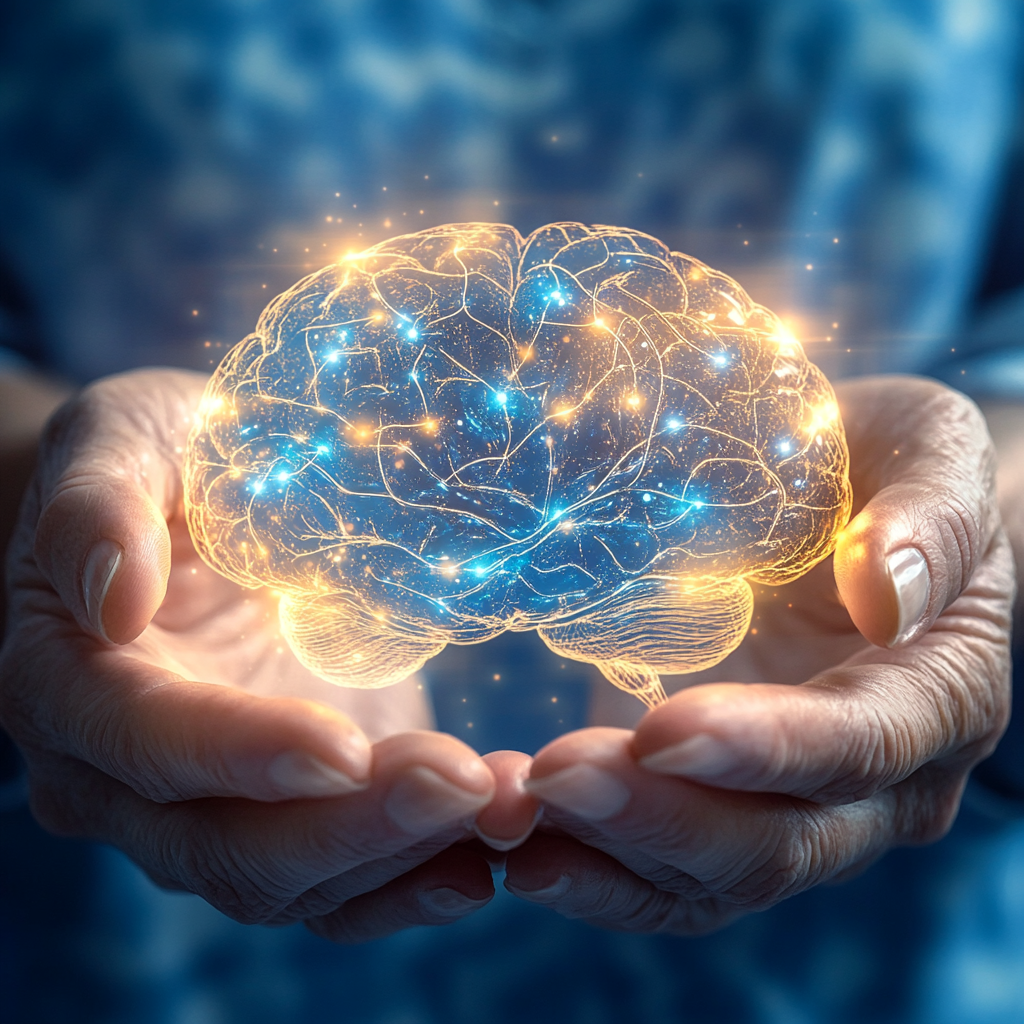What Exactly Happens in the Brain with Parkinson’s Disease?
Parkinson’s Disease (PD) is often associated with tremors and stiffness, but the root of the problem goes much deeper—into the brain itself. What actually happens inside the brain that causes these symptoms? In this article, we explore the science behind Parkinson’s and how it alters the brain’s functioning over time.
The Breakdown of Dopamine Production
At the center of Parkinson’s is dopamine—a neurotransmitter responsible for coordinating smooth and controlled muscle movements. In Parkinson’s, the neurons in a part of the brain called the substantia nigra start to deteriorate. These neurons are the main producers of dopamine.
As dopamine levels drop, communication between the brain and body becomes impaired. This results in the hallmark symptoms of Parkinson’s like tremors, rigidity, and bradykinesia (slowness of movement). According to the Parkinson’s Foundation, symptoms typically begin when dopamine levels are reduced by 60-80%.
Lewy Bodies and Cellular Misfires
Another major characteristic of Parkinson’s is the presence of Lewy bodies—clumps of the protein alpha-synuclein that build up inside brain cells. These clumps interfere with normal cellular functions and contribute to neuron death.
Lewy bodies are not exclusive to Parkinson’s—they're also found in other neurodegenerative diseases like Lewy body dementia. But in PD, their buildup in motor and cognitive centers worsens both physical and mental symptoms over time.
Basal Ganglia Disruption
The basal ganglia is a group of structures in the brain heavily involved in motor control. In Parkinson’s, the basal ganglia becomes dysfunctional due to dopamine loss. This causes the feedback loop between the motor cortex and muscles to misfire.
Normally, this system ensures movements are fluid and intentional. But in PD, this smooth coordination collapses, resulting in delayed reactions, stiff muscles, and the characteristic "shuffling" gait.
Changes in Brain Chemistry Beyond Dopamine
While dopamine gets most of the attention, Parkinson’s also affects other neurotransmitters. For example, norepinephrine—which regulates blood pressure and alertness—is often depleted.
This chemical imbalance explains why people with PD may experience more than just movement issues. Fatigue, low blood pressure, sleep problems, and mood disorders are all linked to changes in neurotransmitter levels.
Cognitive and Emotional Decline
Over time, Parkinson’s impacts regions of the brain responsible for memory, attention, and decision-making. Up to 50% of people with PD develop cognitive impairment, and some eventually experience Parkinson’s disease dementia.
Additionally, the emotional centers of the brain—particularly those regulating serotonin—may also be affected. This can lead to depression, anxiety, and apathy, often long before motor symptoms appear.
Neuroinflammation and Oxidative Stress
Emerging research points to the role of neuroinflammation—ongoing, low-grade inflammation in the brain—as a factor in Parkinson’s progression. When brain cells are stressed or damaged, the body’s immune system releases pro-inflammatory markers.
This inflammation, combined with oxidative stress (an imbalance between free radicals and antioxidants in the body), accelerates neuronal death. Scientists are investigating how anti-inflammatory treatments might help slow disease progression.
Progression Is Gradual—But Not Unstoppable
Parkinson’s is a progressive disease, meaning symptoms worsen over time. But the rate of progression varies widely. Some people live for decades with mild symptoms, while others experience faster decline.
Early intervention, lifestyle adjustments, and evidence-based therapies like LSVT BIG can significantly improve quality of life. Regular exercise, occupational therapy, and medication management all play critical roles in supporting brain function.
Take Action: Understanding Your Options with Banyan
At Banyan & Nomad, we specialize in therapies that meet the needs of people with Parkinson’s—physically, cognitively, and emotionally. Our certified LSVT BIG practitioners provide science-backed treatment tailored to help you move better, feel better, and live better.
Ready to learn more? Contact us today to schedule a consultation or ask about our upcoming Parkinson’s programs.

